UNIgreen Joint PhD in Agri-Food Science, Technology and Biotechnology
Designed to support the Green Transition in Europe, the UNIgreen Joint PhD in Agri-Food Science, Technology and Biotechnology is a doctoral programme that provides comprehensive, interdisciplinary education and cutting-edge research opportunities.
Benefit from flexible learning modes, specialised workshops, and guidance from renowned experts, all tailored to prepare you for a successful career in the agri-food industry.`
Overview
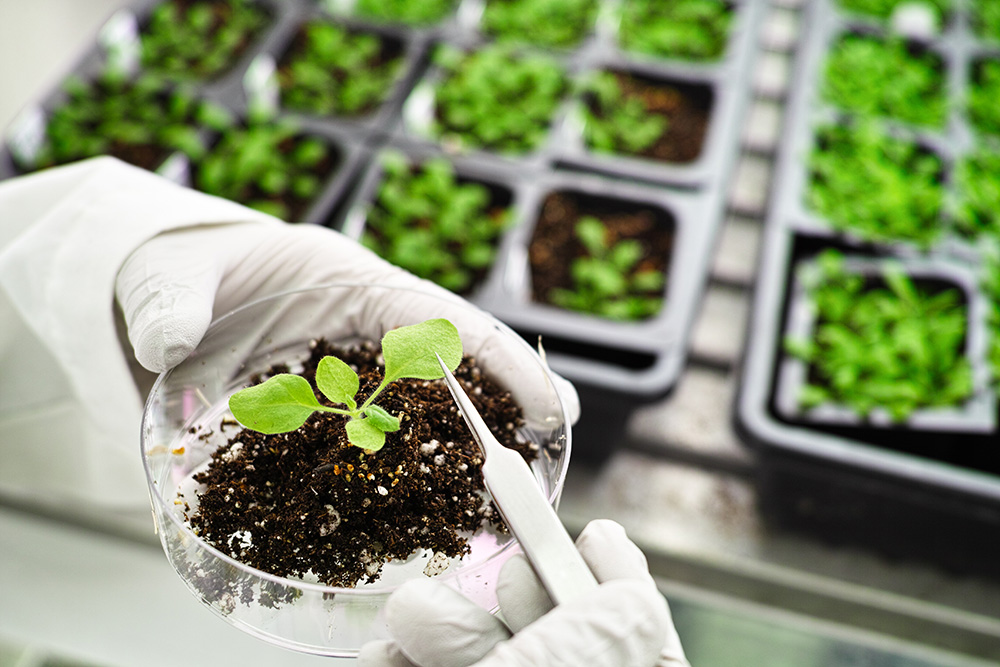
Overview
The UNIgreen Joint PhD Programme in Agri-Food Science, Technology and Biotechnology aims to provide doctoral students with advanced training in the sectors of agri-food science, technology and biotechnology, with particular attention to sustainable aspects in support of the Green Transition, with the ultimate objective of empowering PhDs with a solid basic and applied preparation in the agri-food sector.
The research topics of this PhD course mainly focus on:
- Agricultural sector: Various aspects of plant and animal production, with particular attention to the techniques of cultivation, of breeding, of diseases and pest management, paying utmost attention to the environment, to the consumer, to the needs of the agri-food industry, to the biological properties of active ingredients and to product quality. Molecular genetics, a powerful innovative means for the selection of varieties able to respond to these needs, completes the skills.
- Food sector: Process and product innovation, through the integrated use of food technologies, microbiology, biochemistry, chemistry, molecular biology, univariate and multivariate techniques for product and process monitoring and optimisation, quality assessment of raw materials and evaluation of their attitude to transformation, innovative technologies and materials in food packaging, as well as aspects of human nutrition, also concerning the role of the gut microbiota and its impact on health.
- Inter- and multi-disciplinary courses on innovative technologies, on sustainable strategies and approaches, as well as on bioeconomy, innovation, management and data analysis will reinforce crosswise skills which are more and more requested for highly qualified professionals.
The PhD programme targets prospective students who already have a Master’s degree and want to acquire advanced training in the fields of agri-food science, technology and biotechnology with a special emphasis on sustainable aspects supporting the Green Transition.
It is, therefore, aimed at training experts with in-depth knowledge and skills in the agricultural and food fields, who will be able to:
- Independently develop research in their areas of specialisation.
- Communicate the results achieved by their research activities through the drafting of scientific publications in international journals and oral presentations.
- Plan and present research projects at national and international level.
- Transfer the research results to public and private companies in the agri-food sector.
The PhD title will be jointly awarded by the University of Modena and Reggio Emilia (Italy), the University of Almeria (Spain), the Agricultural University of Plovdiv (Bulgaria), the Agricultural University of Iceland (Iceland), and the Polytechnic University of Coimbra (Portugal).
Calendar
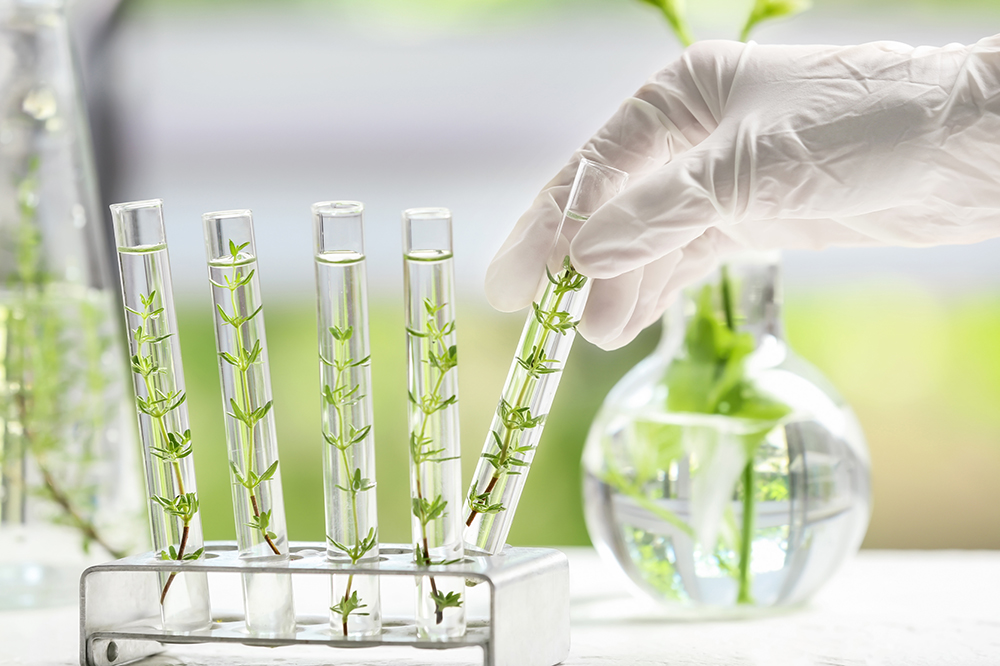
Calendar
These are the Key Dates that you need to know if you want to enrol in the first edition of the UNIgreen Joint PhD Programme in Agri-Food Science, Technology and Biotechnology.
- Call for Applications: From March 17, 2025, h. 9:00 (CET) to May 9, 2025, h. 13:00 (CEST).
Applications for the second edition of the UNIgreen Joint PhD Programme in Agri-Food Science, Technology and Biotechnology will open between March 17 and May 9, 2025. Applications submitted after the submission deadline will not be assessed.
- Selection Results: June 10, 2025 (indicative).
The publication of selection results will indicatively take place on June 10, 2025.
Please notice: a new call, foreseen in June 2025, will include other available positions at UNIMORE within the Joint PhD Programme. Please, be updated by visiting UNIMORE website.
Admission
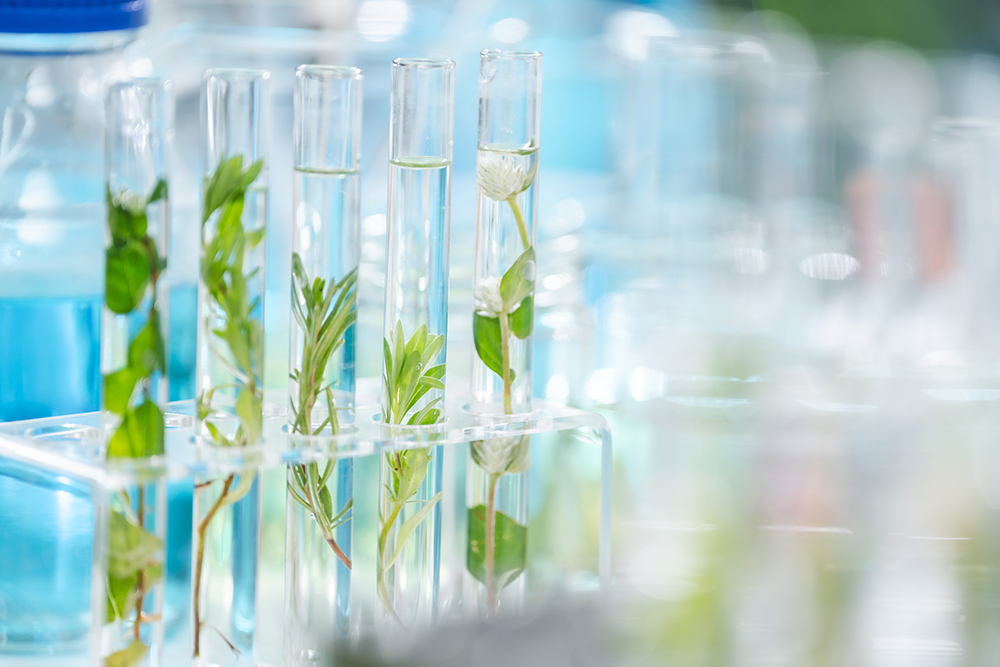
Admission
The UNIgreen Joint PhD Programme in Agri-Food Science, Technology and Biotechnology has its administrative headquarters at the University of Modena and Reggio Emilia (Italy).
Who Can Apply
- Italian second level degree (laurea specialistica, under D.M. 509/99 or laurea magistrale, under D.M. 207/04)
- Italian degree obtained prior to D.M. 509/99
- equivalent qualification obtained abroad, in accordance with the provisions in art. 2 of the application procedure.
- The required degree can be achieved by July 31, 2025
Documents
We invite you to read the call document for detailed information about the application procedures. Please take into consideration that you will need to provide several documents, including a self-certification of degree conferral or a Degree certificate, a curriculum vitae and a Statement of Research Interest (using the templates provided), a summary of your MSc thesis.
Fees & Aid
A total of 5 scholarships funded by the UNIgreen Alliance are available for the second edition of the UNIgreen Joint PhD Programme. Please read the call document for detailed information.
Programme Structure
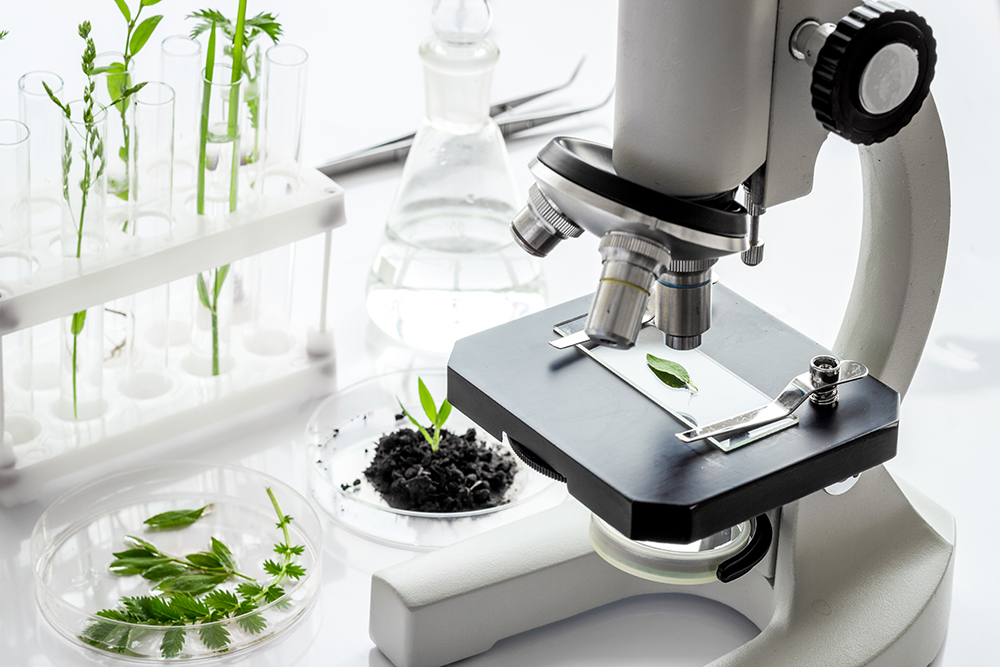
Programme Structure
The UNIgreen Joint PhD Programme in Agri-Food Science, Technology and Biotechnology is a three-year doctoral programme (180 ECTS) thatencompasses:
- Seminars;
- Participation in monographic courses and scientific conferences;
- Advanced teaching courses;
- Research activities in advanced topics related to the agri-food area;
- Internships in the PhD course laboratories and in other laboratories abroad, not only limited to those offered by the UNIgreen Alliance Members.
All educational activities will be provided in English, mainly in the hybrid mode. Classes will be physically held at each Institution, according to the teaching activities calendar, and streamed on the PhD virtual classroom channel.
The following training plan is envisaged:
- Each PhD student should attend an average (across the 3 years) of 20h/year of formal lessons with learning assessment. Overall, each student will attend at least 30 University credits (ECTS) including lessons, seminars, workshops and conferences.
- The remaining 150 University credits (ECTS) will be dedicated to research activities.
Possible multidisciplinary teaching activities can include, but are not limited to:
- Scientific writing;
- Writing research proposal applications;
- How to communicate the scientific work;
- Intellectual properties and patents;
- Data analysis and statistical methods;
- Environmental and Social Sustainability;
- Circular bioeconomy concepts;
- Seminars on up-to-date topics in the area of Agri-food science, technology and biotechnology will be routinely provided.
Research activities will be performed mainly in the principal location (that is, in one of the involved UNIgreen Alliance Members) that will be assigned to each student based on the affinity of the candidate’s profile with the research themes offered by the institution. Research themes and locations are detailed in the call document.
Mobility is mandatory:
Students must spend a mobility period for research purposes abroad, with a duration between 3 months (minimum) and 18 months (maximum), even if not consecutive. Students may complete their exchange in an institution outside the UNIgreen Alliance. Periods of stay abroad must be authorised in advance by the PhD programme Coordinator for the mandatory mobility (i.e., 3 months) and by the Academic Board if longer than 3 months.
The PhD dissertation is directly supervised by a member of the PhD Academic Board and may be co-supervised by a maximum of two professors from the institutions where students undertake their research.
This doctoral programme aims to train PhD students with high skills in the scientific fields related to the agri-food sector, creating figures suitable for:
- Carrying out the role of researchers in the universities and/or in public or private bodies.
- Employment in the role of manager in companies linked to the production, transformation, conservation and distribution of food products, to the valorisation of by-products and up-cycling to new/innovative goods, to the development of new strategies for pest control, to the development of innovative and sustainable greenhouses.
- Creating their own economic enterprise/spin-off.
- Consultancy activities in public/private institutions and/or Industries for product quality, safety, traceability and for introducing/supporting the Green Transition of industries.
Additional Information
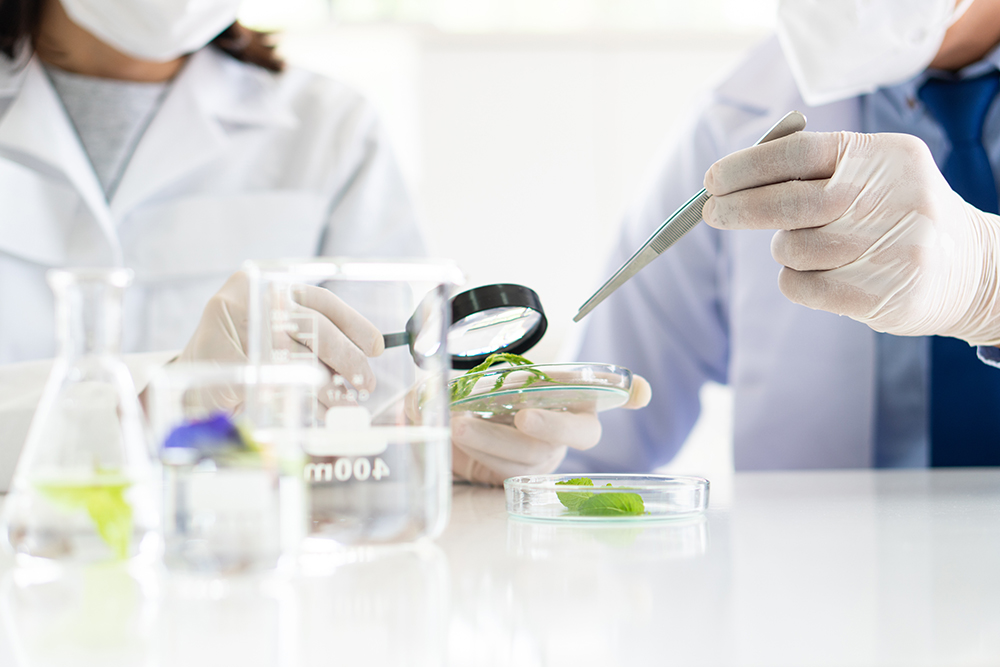
Additional Information
We invite you to:
- Read the call document
- Visit the STEBA website
If you have specific questions that are not covered by the documents described above, please send an e-mail with your questions to:
- PhD coordinator: Prof. Fabio Licciardello ([email protected])
- PhD Secretary: Prof. Luisa Antonella Volpelli ([email protected])
- Administrative issues: Please contact ([email protected])

